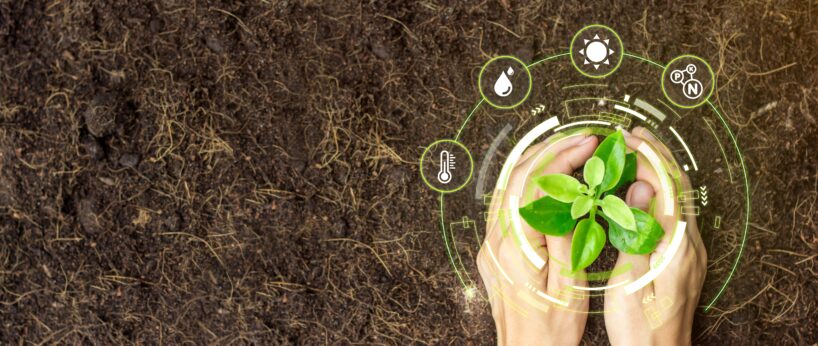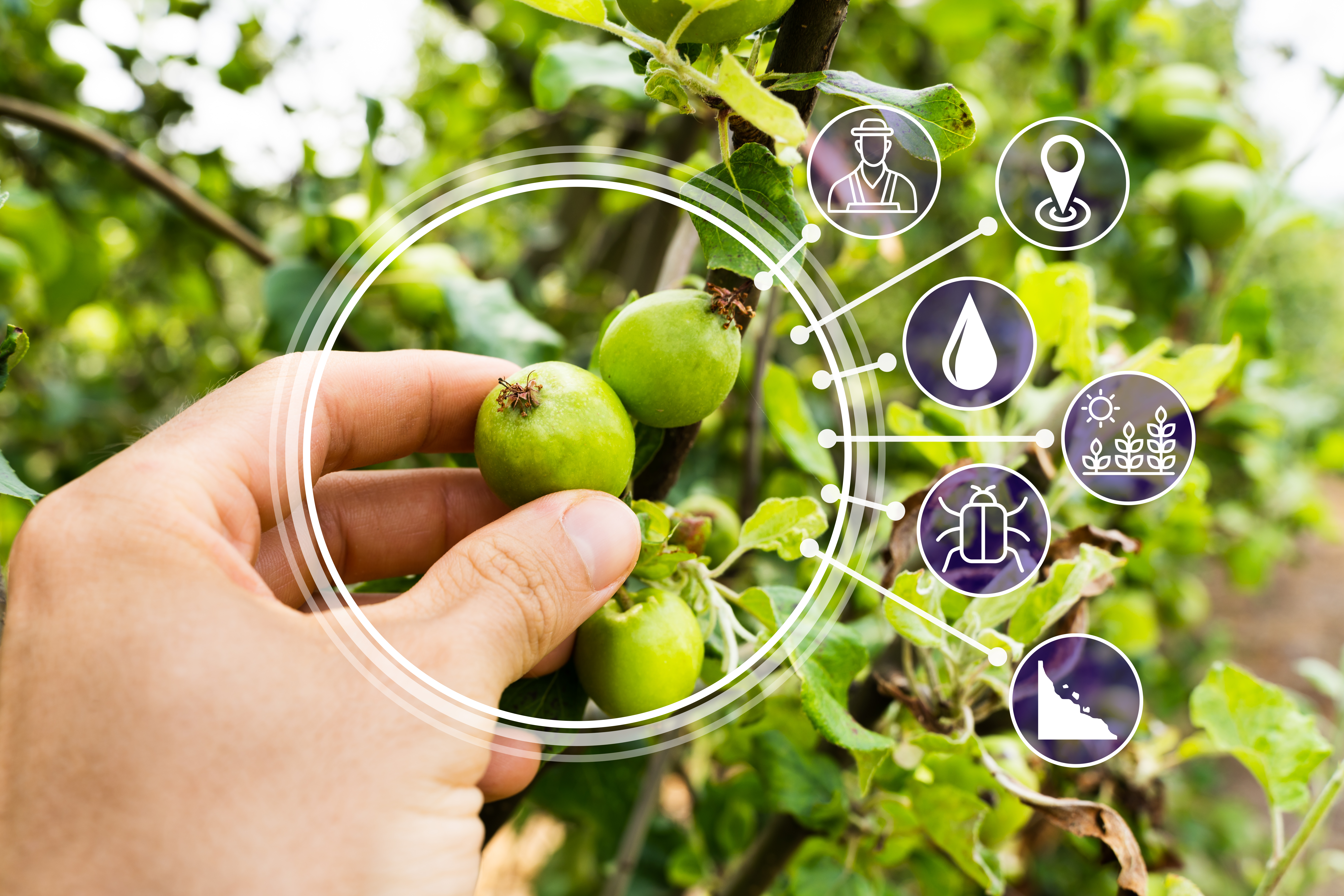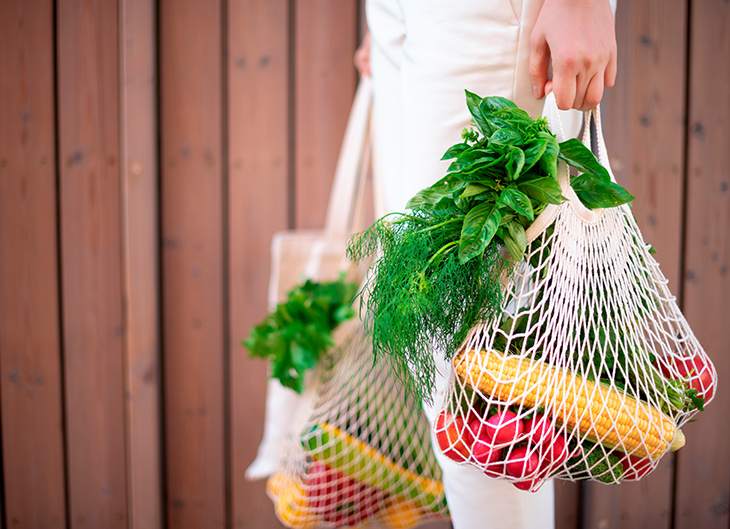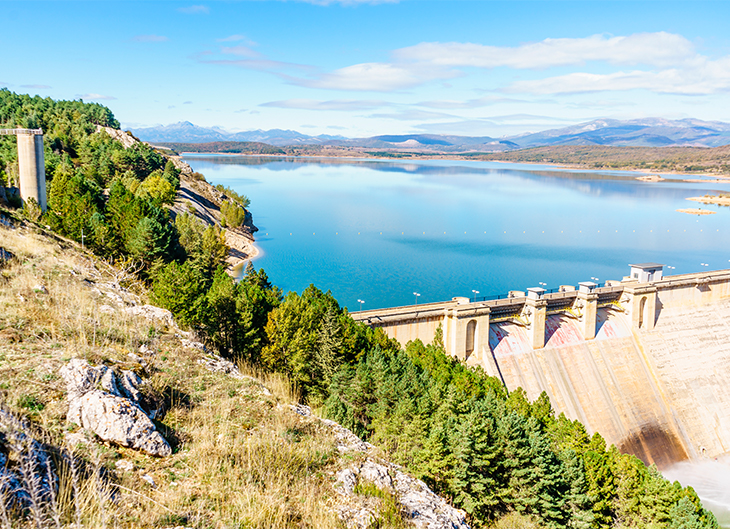
Digitalization and technological innovation in the agricultural sector: Agriculture 4.0
In the last 125 years, agriculture has experienced several revolutions due to the need to increase food production to meet the demands of a world population that has gone from 1.6M inhabitants in 1900 to more than 8M in 2023.
In this sense, we have evolved from a traditional agriculture, whose production is on a small scale and is based on the use of manual means, to a modern agriculture, where science and technology are incorporated (use of machinery, irrigation systems, fertilizers, pest control, crop monitoring, genetic improvement, etc.) to be more efficient, saving resources (time and money) and achieving more quantity and higher quality in production.
New change: digitalization in agriculture
In 2015, the UN adopted a set of global goals to eradicate poverty, protect the planet and ensure prosperity for all people on the planet. Among these Sustainable Development Goals there are some in which the agricultural sector is fully involved: achieving zero hunger, efficient use of water resources, responsible production and consumption, decent work and economic growth or the rehabilitation of degraded lands and soils.
In this way, it is necessary to continue increasing food production in order to feed the entire population, but it must be done with fewer resources and in a more sustainable way.
Labour shortages are also becoming an increasingly frequent problem. Today there is a growing difficulty in finding qualified agricultural personnel and it is evident how there is a lack of generational change since there are very few young people interested in the agricultural world to feel that the profits are not equivalent to the effort and working conditions involved in agriculture.

In this sense, agriculture has been doomed to a new evolution towards precision agriculture through the use of digital tools and technological innovations in the field. It refers both to advances in the development of machinery through the use of autonomous vehicles, drones, cameras, sensors, etc., and to the automation of processes thanks to agricultural software, satellites, GPS systems, mobile devices, etc.
But, in addition to all this, agriculture can take advantage of technologies such as interconnectivity, the Internet of Things (IoT), Big Data, Artificial Intelligence and Robotics for the automatic collection of data in a massive way, integrate them, analyze them and find the most appropriate solution for each situation depending on each environment and other specific circumstances.
Investment in agricultural technology is more than justified if we consider the social, economic and environmental needs that arise for the immediate future and the benefits that these advances begin to show, among which are:
- – Greater sustainability
- ≫ efficient use of water (smart irrigation).
- ≫ less use of inputs and more precise fertilizations.
- ≫ reduction of damage due to pests or inclement weather.
- ≫ waste reduction.
- – Improved communication and coordination between owners, technicians and agricultural workers.
- – Increased production.
- – Increased revenue and reduced costs.
The digitalization and technological innovation of processes improves the productivity, efficiency and sustainability of the agricultural industry in all areas, including sowing, harvesting and distribution.





